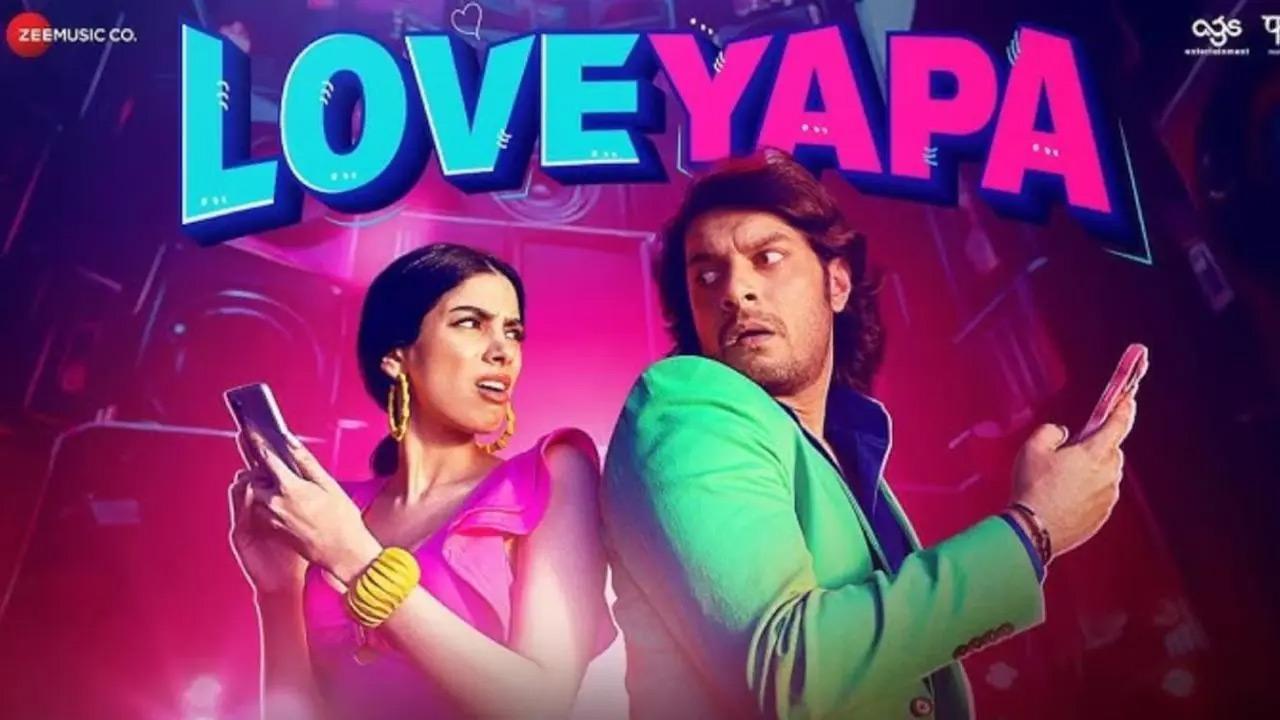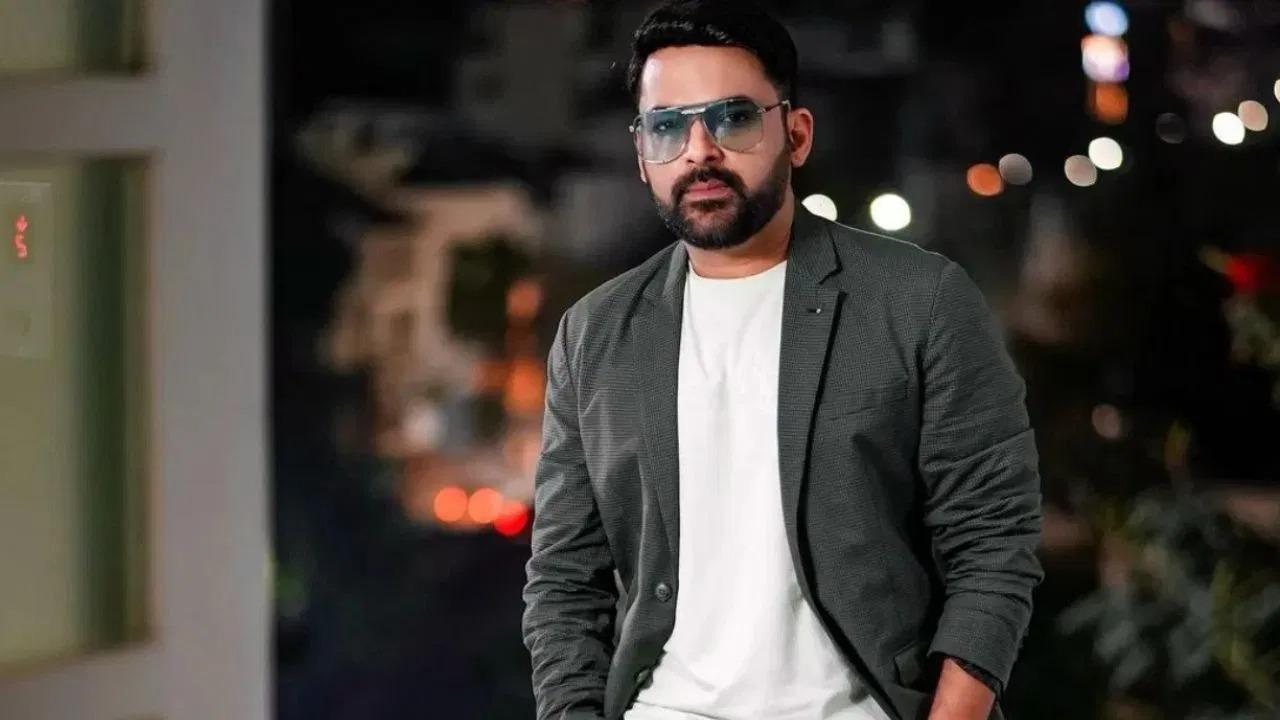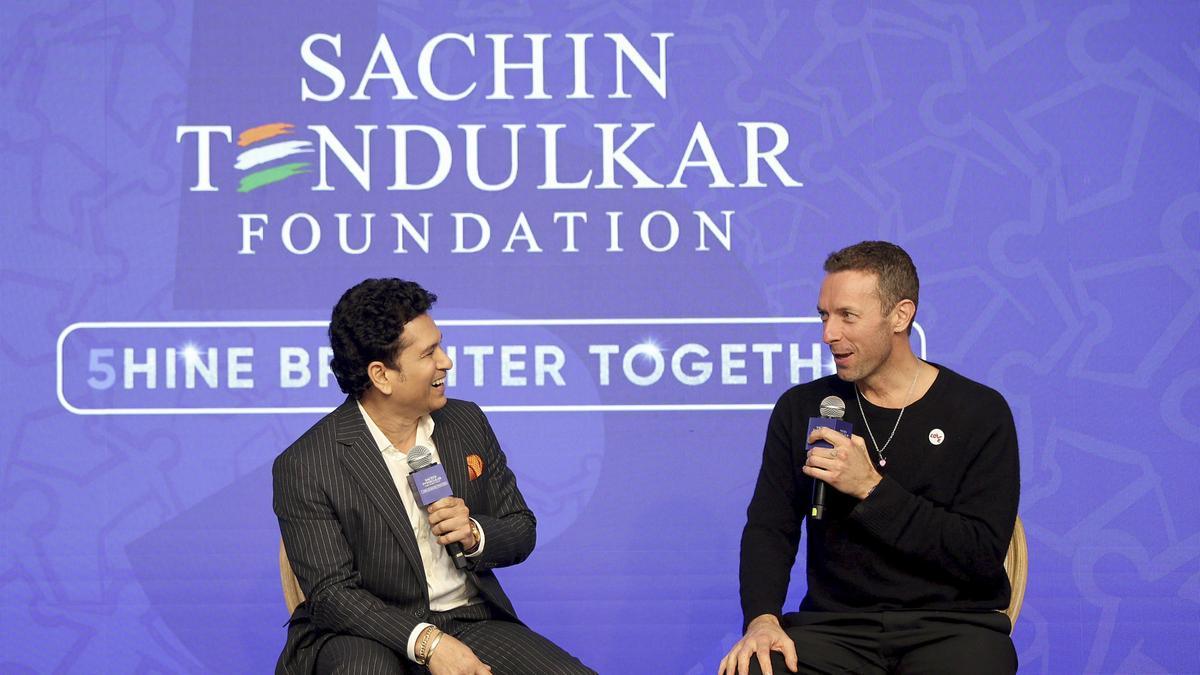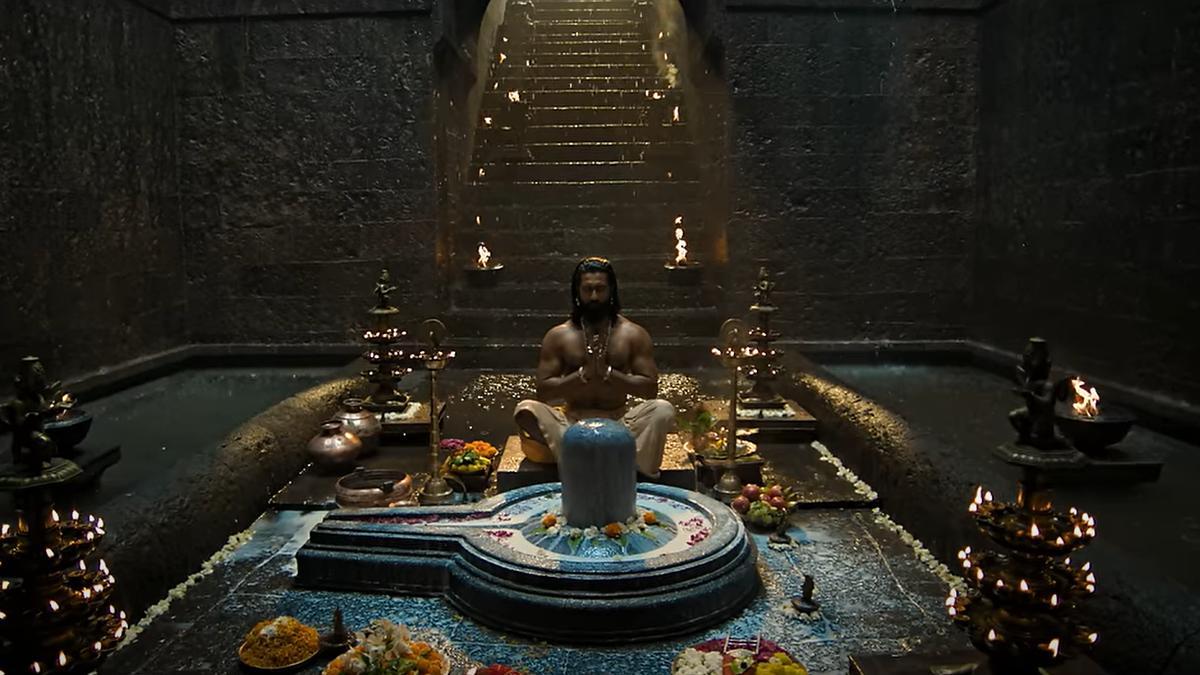
In a recent appearance on Zakir Khan’s new show “Aapka Apna Zakir,” renowned filmmaker Karan Johar shared deeply personal anecdotes that shed light on his illustrious career in the film industry and his heartfelt reflections on his late father, the legendary producer Yash Johar. Over the past 26 years, Karan Johar has carved a niche for himself with a series of blockbuster movies and an impressive career trajectory. However, the cornerstone of his success, according to Johar himself, is deeply rooted in the experiences and lessons imparted by his father, Yash Johar.
Yash Johar, who embarked on his journey as a producer with the 1980 film “Dostana,” was a towering figure in the Indian film industry. Yet, his journey was marked by an array of both successes and setbacks. Karan Johar articulated that witnessing his father’s hardships ingrained a sense of resilience and realism in him from an early age. “My father turned producer with Dostana. I’ve witnessed a lot of failures through my father’s journey, and that is when I realized that nothing is easy. I’ve also seen the way the industry reacted to him when a film didn’t work. It was tough to see him go through all that, but it also makes you resilient,” he reminisced.
Entering the fiercely competitive world of Bollywood, Karan Johar carried with him the wisdom and experiences he gleaned from his father. The learnings from observing Yash Johar’s struggles and triumphs formed a critical part of Karan’s foundation, preparing him for his eventual rise to fame. “It’s a cut-throat industry, and I was better prepared because of my father’s journey,” he stated.
During the episode, Karan Johar fondly recounted personal moments that highlighted his father’s unwavering belief in him. With a heartwarming touch, he shared how Yash Johar used to call him his ‘aankhon ka noor’ (the light of his eyes). “My father used to say, ‘You’re so handsome, you should become a hero!’ My mother [Hiroo Johar] used to roll her eyes, saying, ‘Don’t listen to your dad, you have no qualities of a hero.’ Acting wasn’t something I wanted to do, but my father had full conviction in me,” he said with a chuckle.
.
Despite his undeniable talent behind the camera, Karan Johar’s initial foray into the limelight was guided by the aspirations Yash harbored for him. This paternal support was unwavering, even when Karan Johar debuted as a director with the film “Kuch Kuch Hota Hai” in 1998. The film’s unprecedented success catapulted Karan Johar to the echelons of top filmmakers in India. “When I made Kuch Kuch Hota Hai, he used to take me everywhere and tell everyone, ‘My son is the best director in all of India.’”
Despite all the accolades and box office triumphs, Karan Johar holds one deep regret close to his heart – the fact that his father wasn’t there to witness the golden period of Dharma Productions, the production house founded by Yash Johar. Dharma Productions has, over the years, emerged as one of the most revered and successful banners in Indian cinema, producing a litany of hits that have defined contemporary Bollywood. “He left us too soon. My biggest regret is that he wasn’t with me when Dharma Productions was going through its best phase,” Karan lamented.
To many, Karan Johar exemplifies the epitome of success and glamour in Bollywood. He is responsible for some of the industry’s most iconic films and has been instrumental in shaping the careers of numerous actors and filmmakers. However, his journey is also a testament to the silent struggles that often underpin visible success. The narrative he shared on Zakir Khan’s show is a poignant reminder of how personal histories and familial legacies deeply influence one’s professional path.
The love and admiration Karan Johar continues to hold for his father are palpable, reflecting an emotional bond that transcends life and death. An emblematic story like Karan Johar’s serves as a powerful example of how personal loss and professional challenges often interweave, shaping the individuals behind the public personas we admire. Through his reflections, Karan Johar not only honored his father’s legacy but also offered an inspiring glimpse into the resilience that lies at the heart of his own success story.
In summary, Karan Johar’s appearance on “Aapka Apna Zakir” was more than just an interview; it was an intimate and moving tribute to Yash Johar, encapsulating the enduring influence a father can have on his son’s aspirations and achievements. The show highlighted the essence of Karan Johar’s journey – one that is as much about professional triumph as it is about personal evolution, underscored by the indelible mark left by his father.










